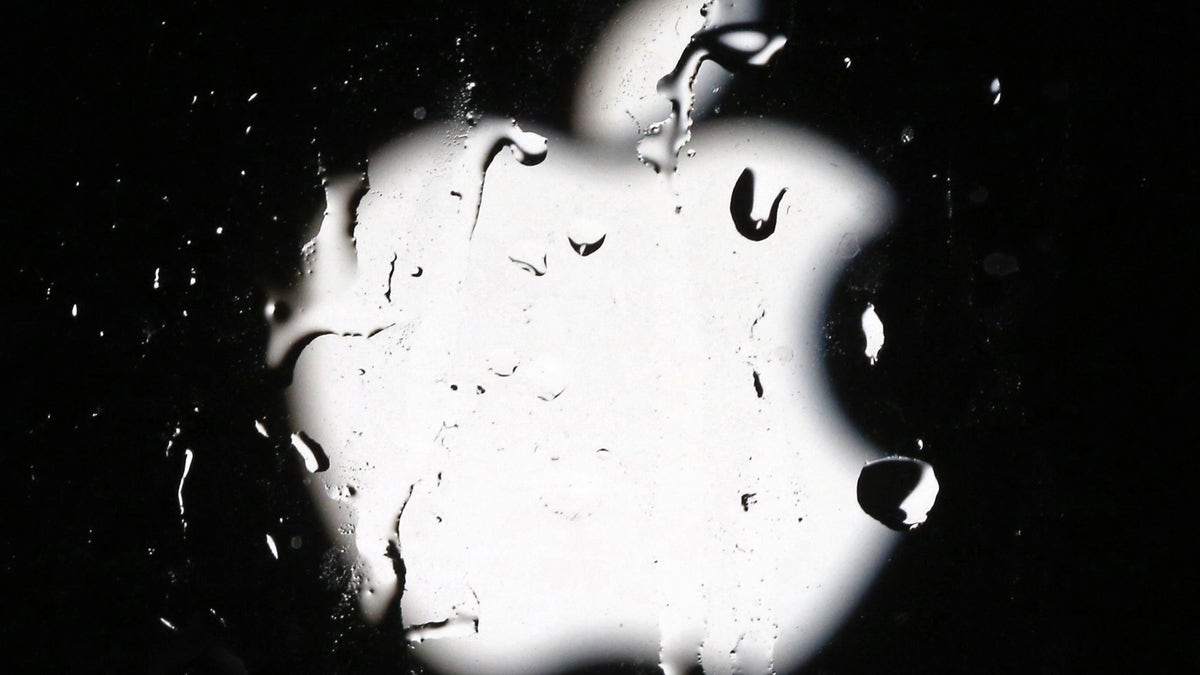
Illustration photo. (REUTERS/Dado Ruvic)
The Supreme Court is considering whether Apple's App Store is a monopoly and if consumers can sue the company over it.
On Monday, the court heard oral arguments in a long-standing legal battle that could shake up Apple's strict control over the iOS ecosystem. Currently, the App Store is the only official way to download apps for your iPhone or iPad. But in 2011, a group of consumers filed a class-action suit, alleging the model was an antitrust violation.
"Our assertion is that, with multiple sellers, multiple suppliers of the apps, we would be able to buy them [the apps] at a lower price," David Frederick, an attorney representing the consumers, told the high court, according to an official transcript.
Apple, however, wants the Supreme Court to dismiss the suit. Its argument: the company is merely providing a marketplace for the apps.
More From PCmag
During oral arguments, the justices focused on how Apple extracts revenue from the App Store: With each sale, the company takes a 30 percent cut from the developer. Frederick claims this fee structure can cause consumers to overpay for their apps when there's nowhere else to buy them.
In its defense, Apple said the company plays no role in setting an app's price; that decision is up to the app's developer. "Consumers do not pay the 30 percent commission," the company's attorney, Daniel Wall, told the court.
However, a few of the justices expressed some skepticism with Apple's arguments. The plaintiffs "are claiming their injury is the suppression of a cheaper price," Justice Sonia Sotomayor told Wall.
Justice Elena Kagan also said that all app purchases occur through Apple, not through the developer. "I pay Apple directly with the credit card information that I've supplied to Apple. From my perspective, I've just engaged in a one-step transaction with Apple," she said.
Apple requested that the Supreme Court hear the case in 2017 after a lower federal court overturned an earlier attempt by the company to overturn the class-action lawsuit against it. If the Supreme Court rules against Apple, the company risks facing more antitrust lawsuits and the prospect of paying millions in damages.
This article originally appeared on PCMag.com.








































